Algeria
Dirk Alvermann
Dirk Alvermann (1937 – 2013) was a German photographer, filmmaker and writer, born in Düsseldorf. He started photographing in 1956. At that time there was hardly any interest in his socially critical work. Attention was mainly focused on the reconstruction of the German Federal Republic. In 1966 he left the German Federal Republic (West Germany) for East Germany.
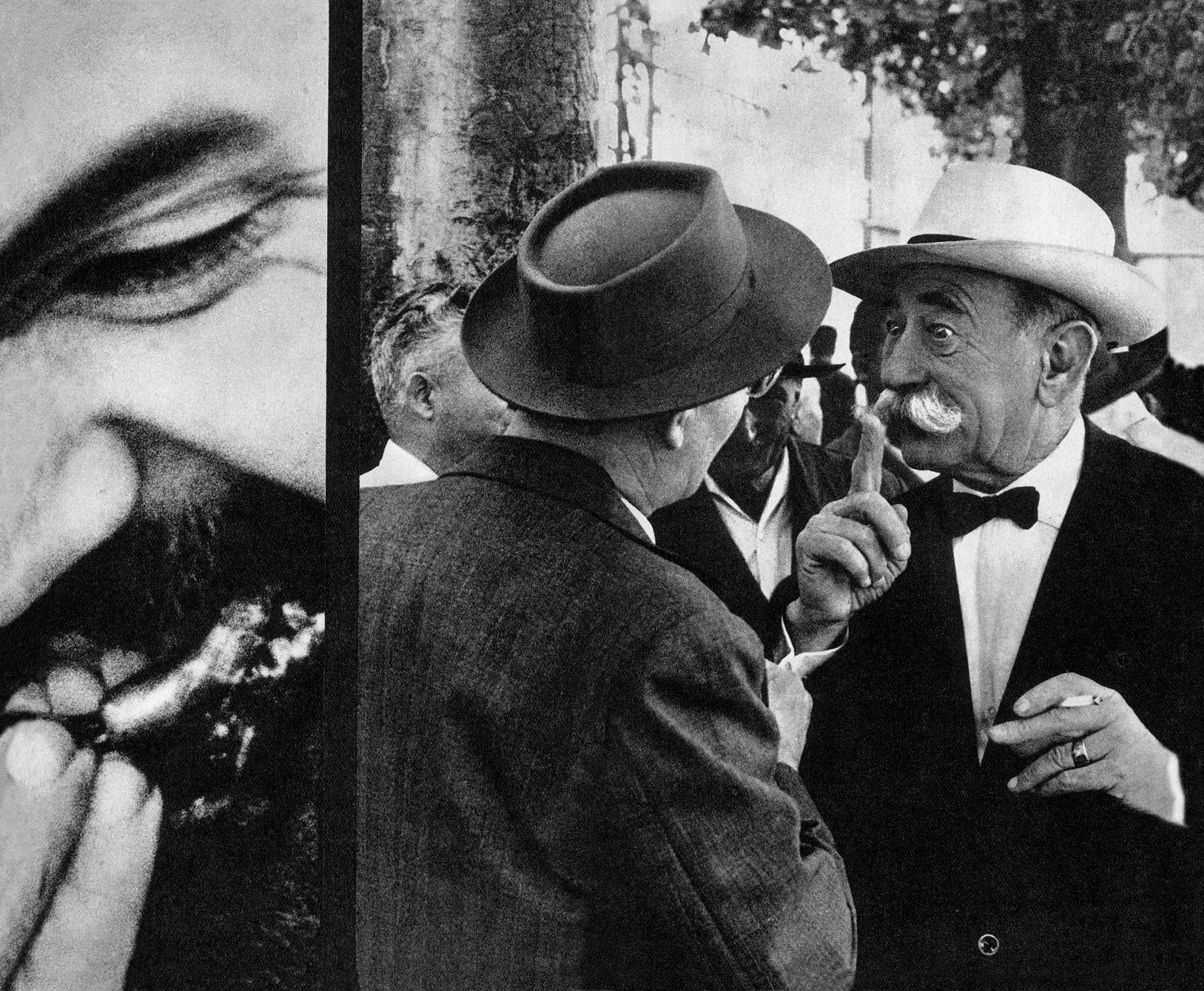
Alvermann often spent long periods in Spain and Algeria. When he went to Algeria in the 1950s Dirk Alvermann was only eighteen. A rebellious West German teenager thrilled by the struggle for freedom by the Algerian people against French colonial rule. The work of these years is documented in this photobook.
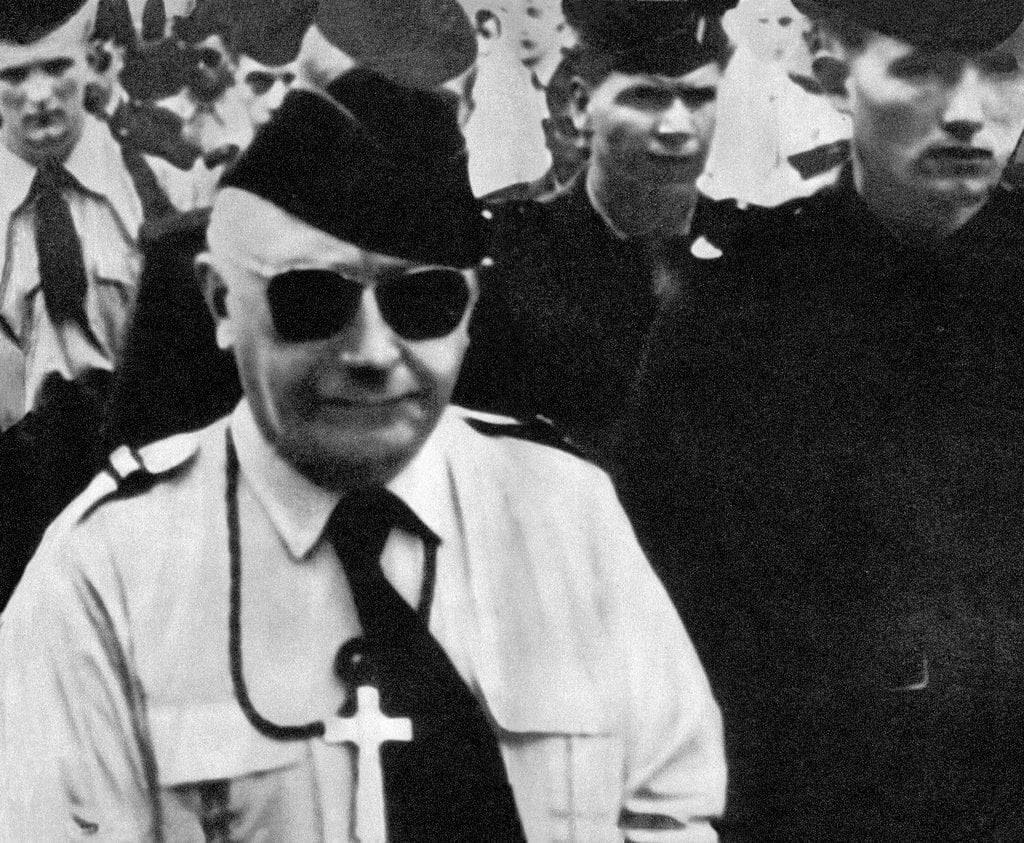
The French invaded and captured Algeria in 1830. The methods used by the French to establish control over Algeria reached genocidal proportions. Algeria became a destination for hundreds of thousands European immigrants. Gradually, dissatisfaction among the Muslim population, which lacked political and economic status under the colonial system, gave rise to demands for independence from France. In 1954 France lost the First Indochina War and the colonial administration of French Indochina was ended. This strengthened the Agerians to also fight for their independence. The Algerian War started. The Algerian struggle for independence from France was yet another of these dirty colonial wars. A very bad and bloody war, with a lot of collateral damage. The war concluded in 1962 when Algeria gained complete independence.
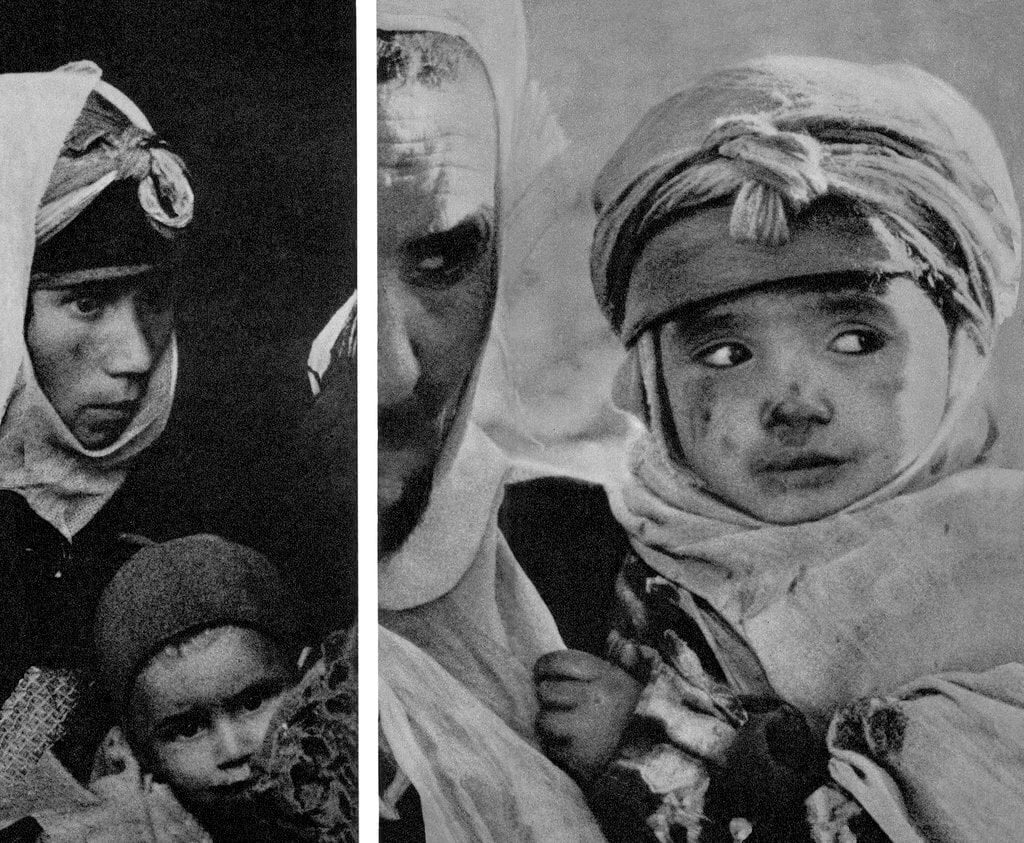
After his return to West Germany he intended to publish his work as a pocket book. However, the intended West German publisher refrained from publication due to Alvermann’s ties with the Algerian resistance. He couldn’t find another West German publisher. All were wary of upsetting the French. The book was finally published in 1960 in East-Berlin.
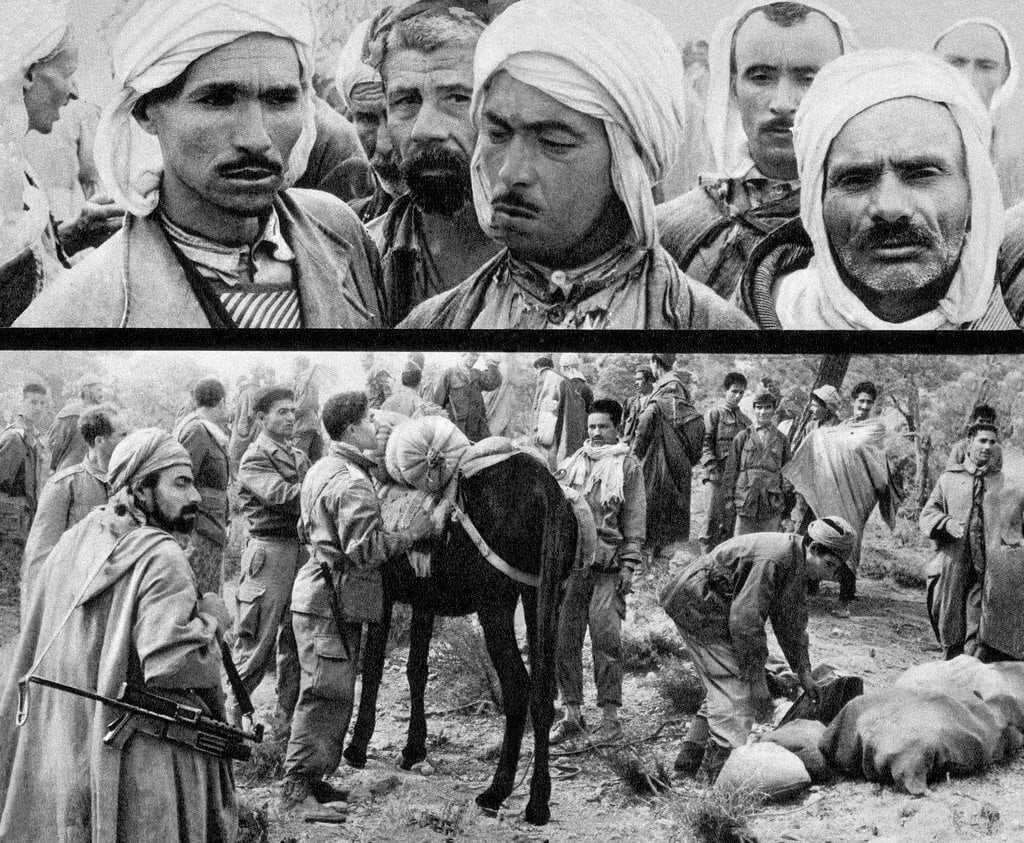
In the book Alvermann is clearly pro-Algerian, yet he is not unsympathetic to all those caught up in the war, Algerian of French. This is first and foremost an anti-war book, deliberately made in small format to fulfill Alvermann’s idea that it should be passed from hand to hand, like a political manifesto or a pamphlet.
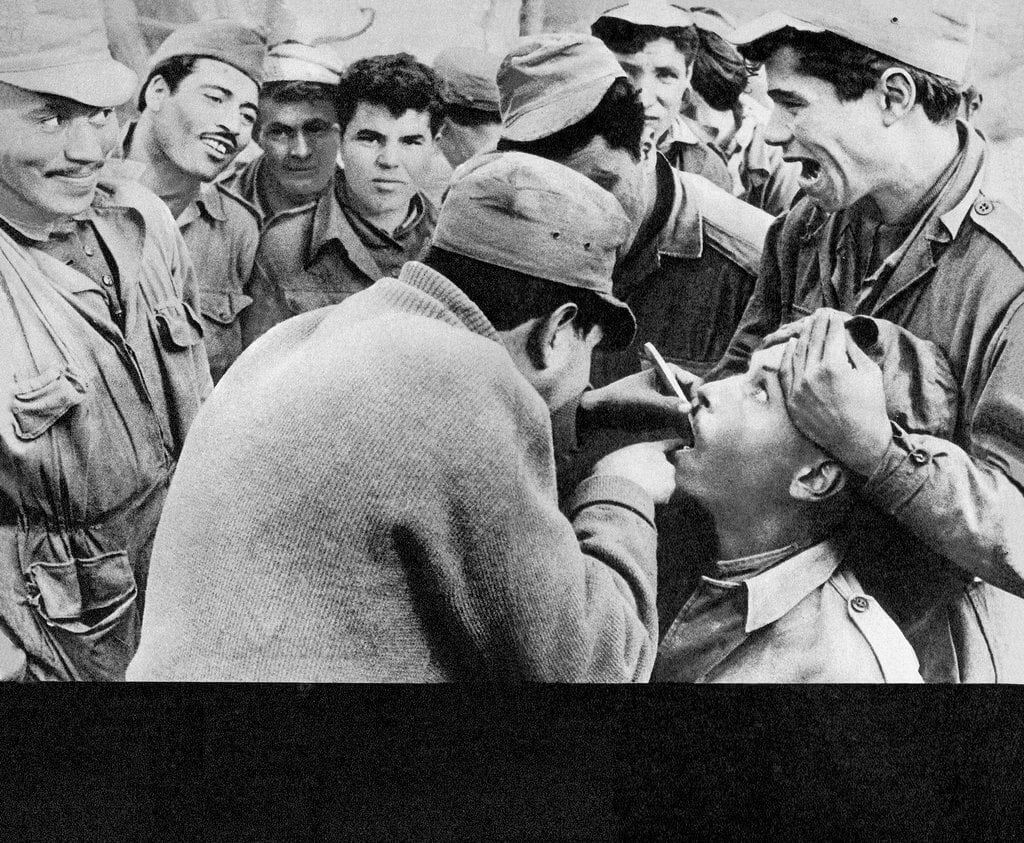
It is essentially a kaleidoscopic impression of individuals during a time of great distress, making good use of the close-up. Alvermann introduces the political content in the accompanying texts: historical documents, quotes taken from French military sources, and from pamphlets, newspapers and magazines. In the pictures the war sometimes seems far away. The pictures show more of an image of comrades having fun, sitting around the campfire. The other startling feature is the design and sequencing. The narrative is extremely filmic in nature. He piled up the imagery in an idiosyncratic way, unafraid to chop up or repeat pictures. Making this one of the most creative photobooks of the early 1960s.
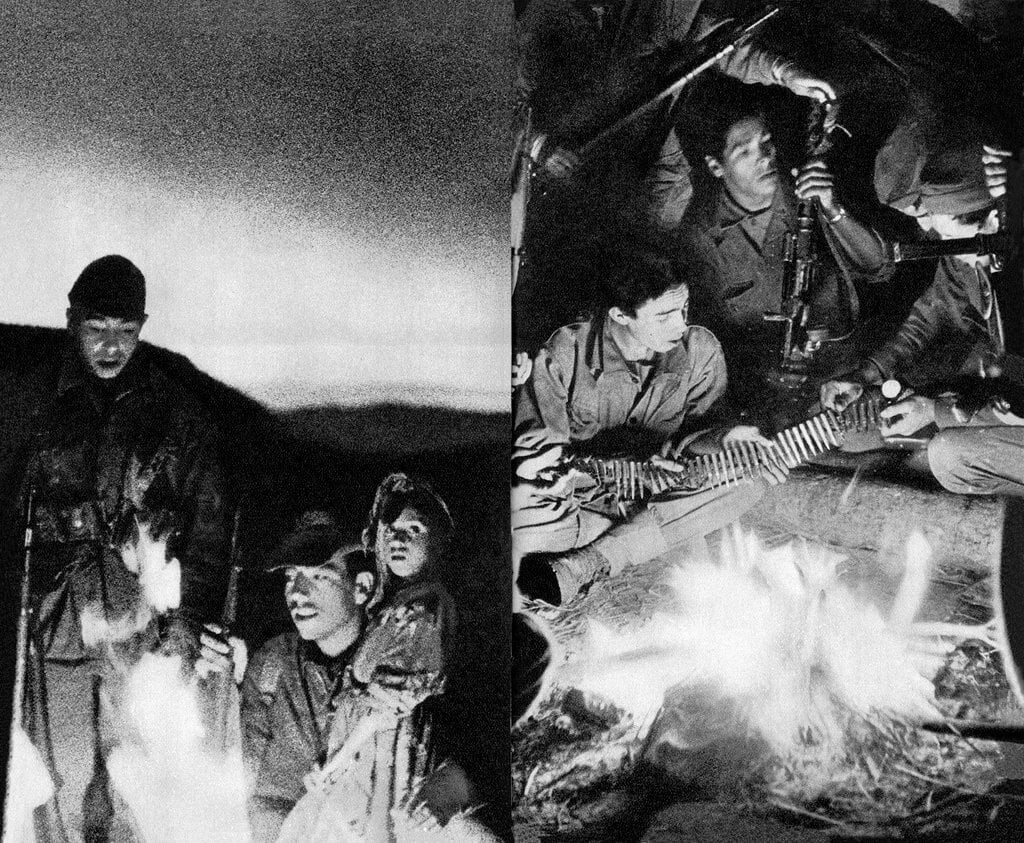
More than sixty years after its first publication, the book is as relevant as ever as it tells the story of a people rising up against oppression and despotism. Against European colonialism and imperialism.
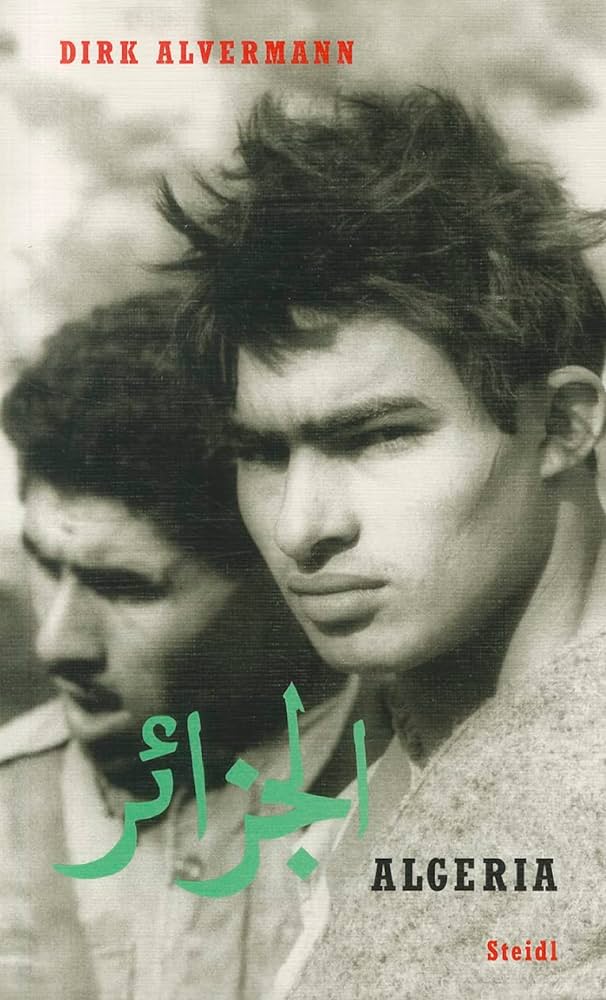
Algeria
Photographer: Dirk Alvermann
Originally published in 1960 by Rütten & Loening
Republished in 2011 by Steidl
Softcover, 10,8 x 18 cm, 224 pages
Considered as one of the greatest photobooks of all time by Source Magazine.
Mentioned in The Photobook: A History Volume 3. Edited by Martin Parr and Gerry Badger.
